For the Claremont Colleges, their future is unforeseeable
by Mick Rhodes | mickrhodes@claremont-courier.com
The Claremont Colleges have had quite a week.
Already facing unprecedented pressure and looming financial setbacks from a worldwide pandemic and California’s spiking COVID numbers, the schools were rocked last week by President Donald Trump’s announcement that the US Department of Homeland Security would pull visas from international college students and order to return to their home countries if they did not attend at least some of their classes in person, on college campuses.
Then Tuesday Trump reversed course and rescinded the order following a spate of lawsuits filed by high profile universities around the country—including Claremont institutions Pitzer, Pomona, Scripps and Claremont McKenna—intended to block the order.
It’s just another week in the higher education business, where colleges have been in the center of several COVID-related controversies and debates since the virus began killing Americans in March. And with that, most campuses closed abruptly and sent students home.
Amidst this ocean of uncertainty, the only thing that has become clear is “the foreseeable future” is unforeseeable.
Some Claremont Colleges have announced plans for fall semester, only to reverse course as COVID cases, hospitalizations and infection rates have spiked in recent days.
Still, as of Wednesday each had a plan, though some acknowledge things may change again before classes begin at the end of August.
Claremont McKenna and Harvey Mudd have been preparing for a hybrid on-campus/online fall semester. But CMC also has partially walked that back, and will make a formal—presumably final—announcement of its updated plans no later than July 24.
“Given the ongoing challenges posed by COVID-19 and recent, concerning trends here in Southern California, the Plan is fully conditional on both the announcement of L.A. County Public Health guidelines that allow an on-campus program and a favorable, independent assessment of our health and safety capabilities,” said CMC President Hiram E. Chodosh.
Harvey Mudd is going forward with plans for a hybrid semester “assuming that we are permitted to do so by the state of California and Los Angeles County,” HMC President Maria Klawe said on July 1.
“California is still in the early stages of phase two of its re-opening plan, and in recent days, we have seen a concerning trend in Los Angeles County of increasing infection rates and hospitalizations,” President Klawe said. “While we continue to monitor these developments, we believe that the college’s leadership, faculty, students and staff have developed a plan for the fall semester that will allow students to return to campus and the college to provide a collaborative and supportive on-campus educational experience.”
But as we have seen over the past week, all that could change with a moment’s notice.
“We acknowledge that we will need to adjust these plans as the situation continues to change,” President Klawe said. “We also anticipate that if the spread of COVID-19 does not slow down in Southern California, then despite our planning efforts we could be forced to move to an online-only fall semester.”
Claremont Graduate University says it will be open to for a hybrid model of on-campus/online learning when the fall semester begins.
Somewhat surprisingly though, the latest information available is a June 18 press release from CGU Provost Patricia Easton, written well before the latest alarming spike in COVID cases, related hospitalizations and positivity rates.
“A recent draft of guidelines for reopening from the county suggest that a fall return is possible, although there will be some additional changes/restrictions to meet and/or exceed state health and safety expectations,” wrote Ms. Easton in the release.
Keck Graduate Institute is also planning on going back to on-campus classes on August 31.
“KGI is going forward with a hybrid delivery this year for our academic programs,” said Kelly Esperias, KGI Vice President of Institutional Development and Partnerships. Asked if the university had plans and/or protocols for revisiting its decision for any reason prior to Aug. 31, Ms. Esperias said “Not at this time.”
Meanwhile, Pomona College President G. Gabrielle Starr announced July 8 that students at the esteemed 133-year-old university won’t be in classrooms this fall.
“When spring semester ended, we pressed forward to explore every responsible option for returning students to campus for fall,” President Starr said. “As California began to ‘flatten the curve,’ it was our expectation and strong desire to be able to resume in-person education, with extensive planning underway to ensure full health and safety measures were in place. As the public health situation deteriorated over the last two weeks, we had to look at the facts and make a responsible decision: In this unfolding emergency, we will not be able to bring students back to campus in the fall.”
Scripps President Lara Tiedens told Inside Higher Ed magazine that classrooms at the women’s college will also remain closed.
“We need to be socially responsible players in this world,” she said. “And that means understanding what the nature of the public health crisis is and what responsible behavior is in that context.”
Pitzer College had scheduled a July 1 announcement from President Melvin L. Oliver regarding its plans for the fall semester.
“However, with the recent surge in COVID-19 infections nationally, and here in Los Angeles County and the Inland Empire, we are delaying our decision,” President Oliver said. “We will continue to closely monitor the public health situation and gather as much information as possible as we continue to develop in-person, online and other contingency plans for the fall semester,” he added.
Pitzer’s plans are scheduled to be announced Friday.

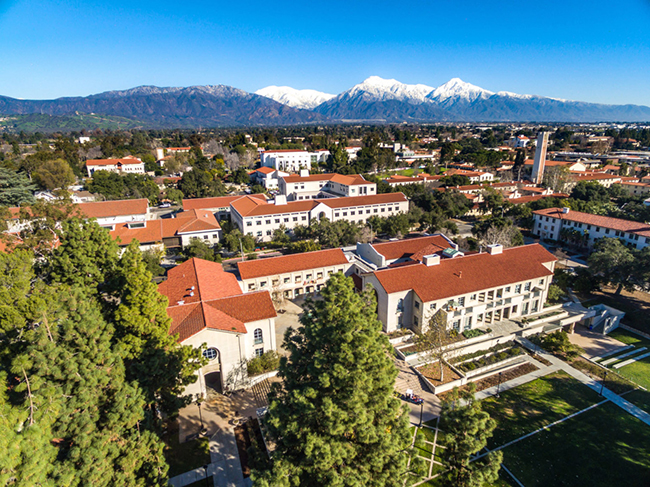
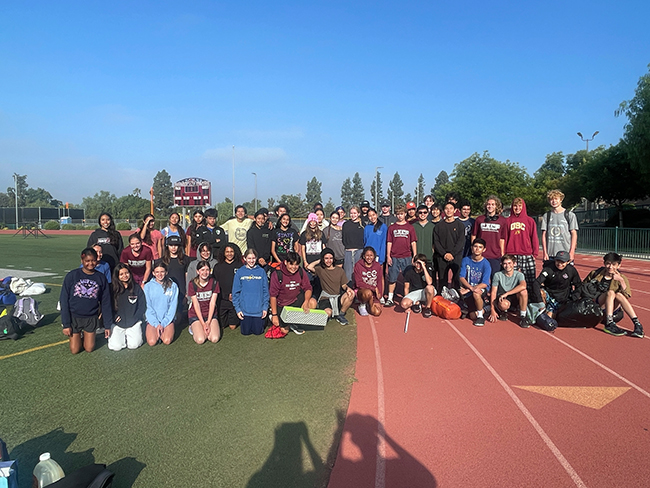
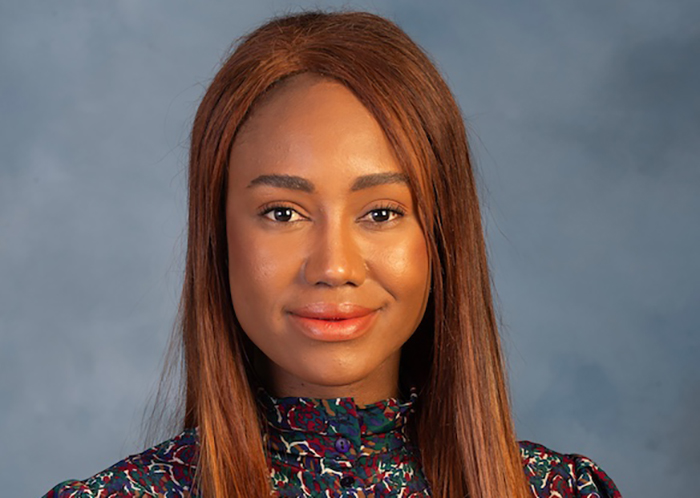
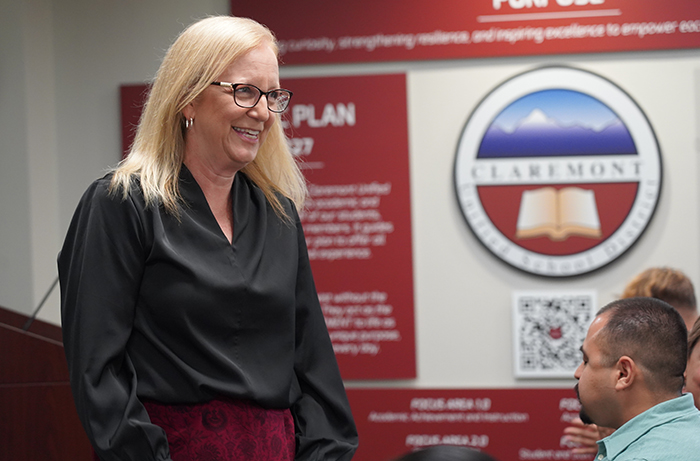
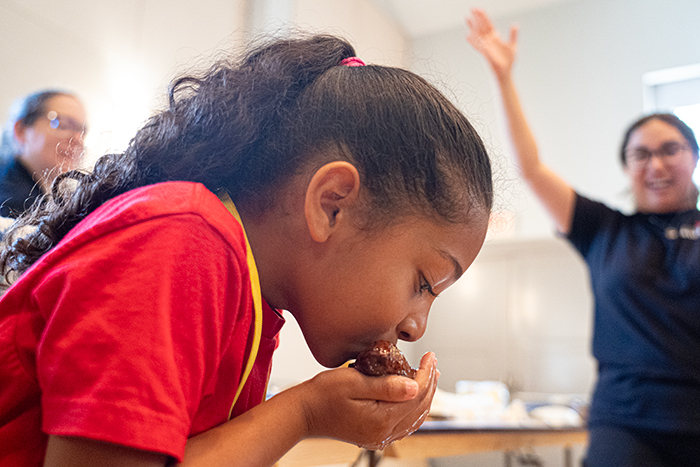
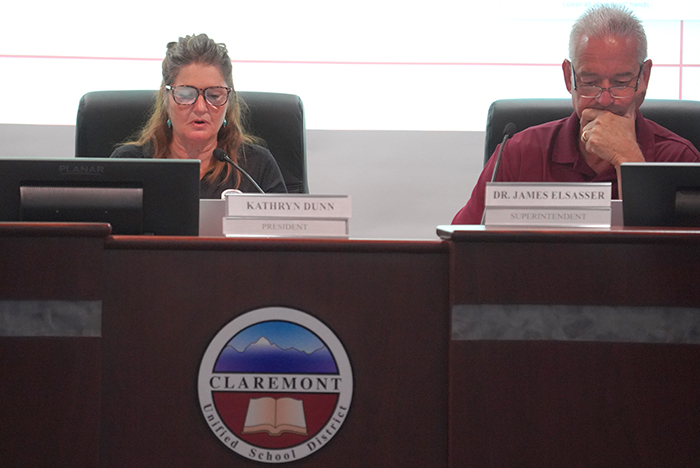

0 Comments